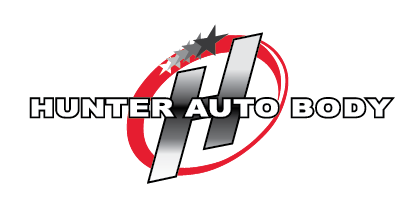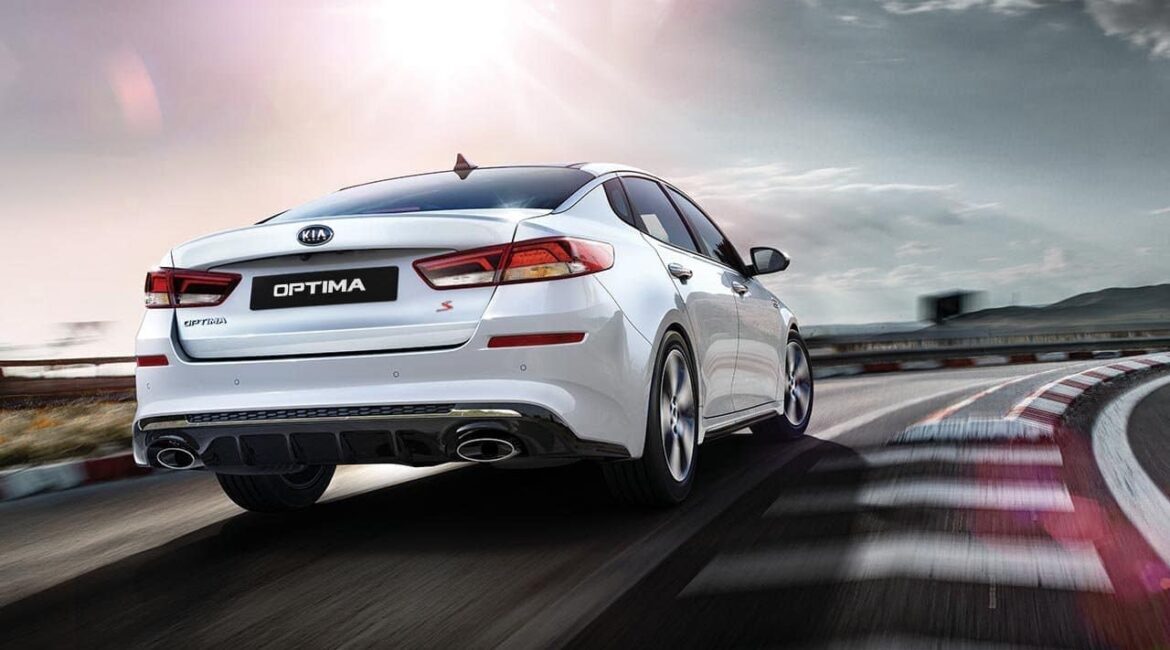Every car manufacturer will have strict repair procedures when repairing any of their vehicles to ensure the car is being repaired the right way. Kia, for example, is very specific about the way you should repair their vehicles, but not every shop will follow these instructions. In nearly all of our blogs, we stress two critical points: the importance of a reliable repair and the fact that not all body shops in St. Louis will follow the repair procedures laid out for them by Kia (or any car manufacturer for that matter). And while any repair shop can make your damaged vehicle look fixed, the truth is it might not be and that could come at a financial cost to you or to your safety.
If you own a 2019 Kia Optima and are in need of auto body repair, Kia has provided very specific instructions that are unique to the 2019 Kia Optima. However, it’s up to the shop to research these procedures and to follow them exactly. It might come as a surprise to you that there are no laws that enforce OEM repair procedures, even though it can ultimately mean the difference between a safe car and one that won’t be able to protect you in the event of an accident.
We at Hunter Auto Body are always current on the late trends in collision repair, so we can provide you with a safe, quality repair. We want our customers to be aware of what these various repair procedures are, so you know what to look for in your repair estimate. If a body shop’s estimate is missing these critical steps outlined below, then be cautious of using them to repair your vehicle. The safety systems in your car might be malfunctioning, unable to perform their designated functions, and your life could be at risk from an auto body shop not performing a scan wherever Kia requires.
We want St Louis drivers to know what the specific requirements in a 2019 Kia Optima are, so you know why we’re stressing the importance of these repairs.
What Kia wants you to know about how body shops must repair the 2019 Optima:
Scanning requirements on the Kia Optima:
Since modern cars are equipped with a variety of advanced technology, a new repair procedure called “scanning” was created to make sure the technology is functioning properly, even after a repair. Throughout the scanning procedure, a technician will hook up a scanner to your car’s diagnostic port. From there, several Diagnostic Trouble Codes (DTC for short) will appear, giving a technician a vantage point on what needs fixing.
On the 2019 Kia Optima, scanning is a required procedure for its headlamps, especially for the S and SX models. These headlamps have unique configurations, capable of adapting to oncoming traffic, adjusting based on speed, and illuminating wherever the steering wheel is turning. Kia requires a recalibrating procedure that must be completed using a scan tool if a headlamp or height sensor is replaced. A recalibration will make sure your lights are correctly focused and perform all their designated functions, such as the ones available on the S and SX models.
Calibration requirements for sensors:
One of the most common features you’ll find in modern day vehicles is that they come equipped with advanced driver assistance technology (or ADAS for short). From lane keep assist, blindspot detection, and even the backup camera, ADAS technologies have forever changed the way we repair cars, but not everyone knows how to do it or what to look for.
The ADAS system on the 2019 Kia Optima is known as DRIVE WISE. The system uses a variety of radar, camera, and ultrasonic sensors. Each one of these sensors has a unique repair procedure that will require something known as calibration. According to AAA, “an ADAS calibration is a process carried out to correctly align the cameras and sensors of a car so its ADAS systems can work as intended.” Not every auto body shop can perform a calibration, as it requires special tools and equipment. That way, the systems can be set or adjusted as needed.
Where Kia requires scanning and calibration on the 2019 Optima:
Since the ADAS systems are like little computers monitoring your driving and protecting you from a potential accident, Kia requires calibration any time a technician removes or replaces (also known as R&R) the area where the sensor is located.
Below are the different sensors on the 2019 Optima, part of Kia’s Drive Wise system:
- Adaptive Cruise Control sensor is located behind the front bumper. If the bumper is removed or replaced, the sensor must be calibrated.
- The Lane Keeping Assist (LKA) camera is located on the front windshield by the rearview mirror and is part of the automatic braking system. If the LKA camera or windshield is removed or replaced, calibration will be required.
- There are four ultrasonic park assist sensors across the rear bumper and blindspot radar sensors in the corners of the bumper. If the bumper is removed or replaced, calibration will be required for each of these sensors. Believe it or not, this applies even if you’re involved in a minor fender bender and can’t see any visible damage. The internal systems may be malfunctioning, and the only way to tell would be through scanning and calibration.
- There is a camera located on the rear hatch of the vehicle, that may be part of your car’s 360 camera system, which also has cameras on the mirrors and grille. If any of these cameras are removed or replaced, calibration is a requirement.
Who in St. Louis knows how to repair my Optima the right way?
Here at Hunter Auto Body, we know a safe repair starts with the technicians knowing the importance of following OEM repair procedures. That’s why our team of highly trained technicians are always looking up what the manufacturer says because we know OEM repairs are the only way to go. Kia and every other car manufacturer requires these repair procedures for a reason, which is why the best body shops are capable of performing them on your car. You want to take your car somewhere that will not only give you a safe repair, but also the highest quality repair out there for your car.
We have been serving the St. Louis area since 1973, assisting drivers with all of their repair needs. We know how stressful this time can be for you and we want to help ease some of that stress. Our team of experienced staff have nearly 50 years of experience and will make you feel like family here at our shop.
If you’d like to schedule an estimate or request a quote, click any of the buttons below. Or, feel free to call us anytime at (314)-353-3122. We look forward to hearing from you and showing you the Hunter Auto Body difference!




